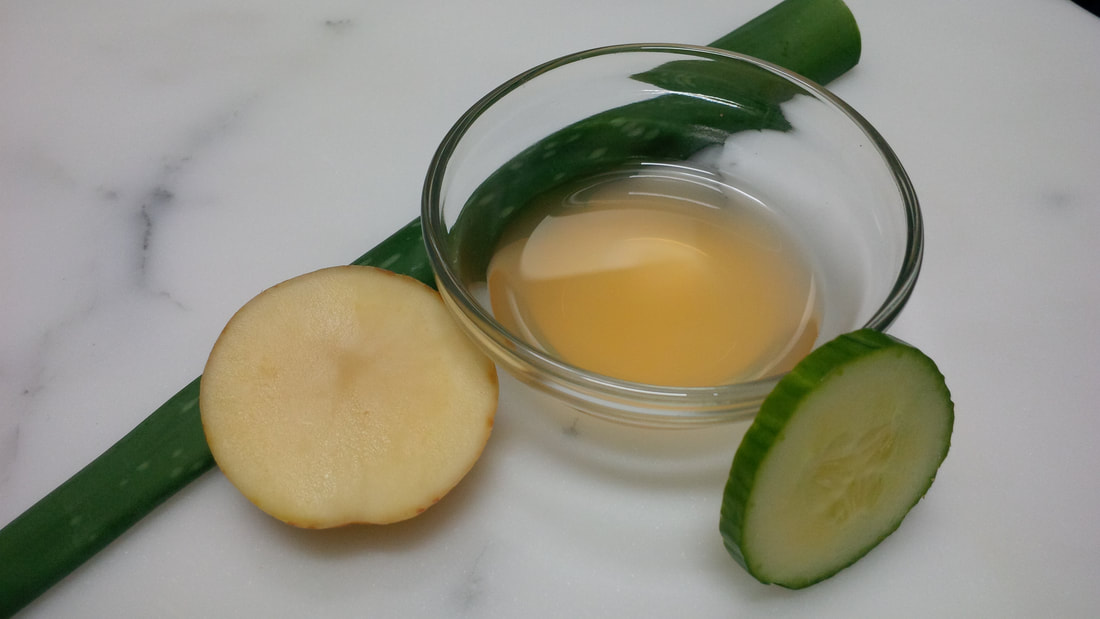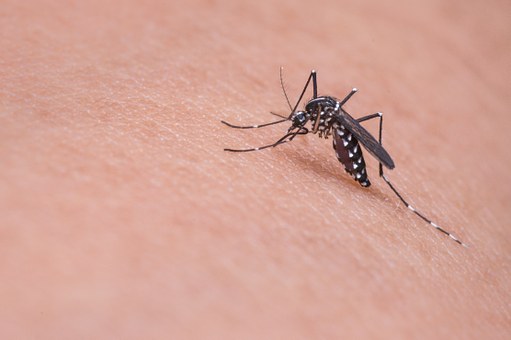|
How often have you sustained a minor burn or scald in the kitchen? As you know it happens quickly. First thing to do is to stop the burn by running cool water (not cold) over the burn area for several minutes or you can also place a cool compress over the area. But what to do next?
Do not cool a burn with ice (it can make things worse). Do not apply butter or bacon grease (despite the old saying, it may cause an infection). My favorite way Quickly stick it under running cool water for a minute or two, compress with cucumber slice, and re-apply usually twice. Lastly I apply the aloe gel and repeat as necessary. This works for me but everybody is different ;-) Disclaimer: All data and information provided on this page is for informational and educational purposes only. Nutrition with Iva makes no representations as to accuracy, completeness, correctness, suitability, or validity of any information on this blog page and will not be liable for any errors, omissions, or delays in this information or any losses, injuries, or damages arising from its display or use. All information is provided on an as-is basis.
0 Comments
Warm weather is back and so are mosquitoes and other biting insects. Many people reach for chemical repellents to kill them, but there is a problem: Most conventional insect repellents come with serious risks, and some insecticides are almost as poisonous to people as they are to pests. Most insect repellents contain a substance called N,N-diethyl-m-toluamide, or DEET for short. These types of repellents are very effective but can cause eye and skin irritation. There is also evidence DEET may cause neurological problems, including seizures.
So, what are the alternatives to conventional insect repellent? Make your own bug repellent: This is a natural, safe solution to control annoying insects. Ingredients
Other essential oils to consider:
Consider adding these powerful plants in your garden to repel mosquitoes:
If you know any other plants or oil that work, let me know in comments below. Disclaimer: "For Educational purposes only. This information is not intended to diagnose, treat, cure, or prevent any disease." |
AuthorIva Pravda is a Registered Holistic Nutritionist from Kitchener who is helping her clients reach their goals through nutrition and lifestyle recommendations. In her spare time Iva is learning and looking for simple ways for everyone to live an easier, healthier life. ArchivesCategories |



 RSS Feed
RSS Feed